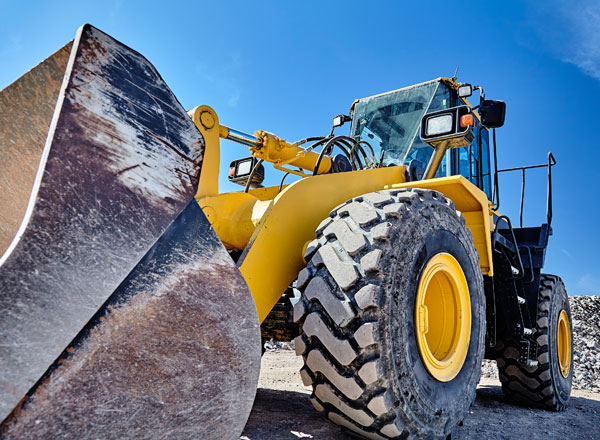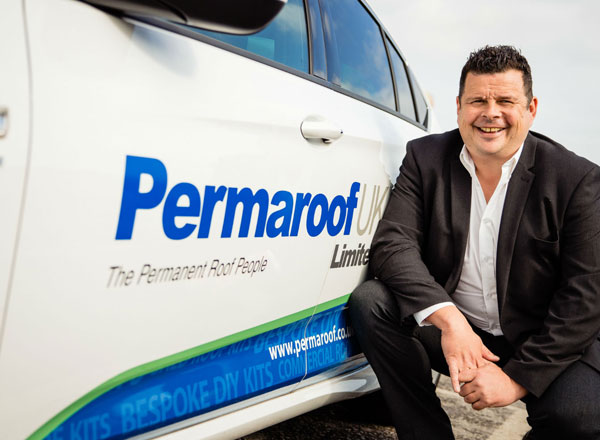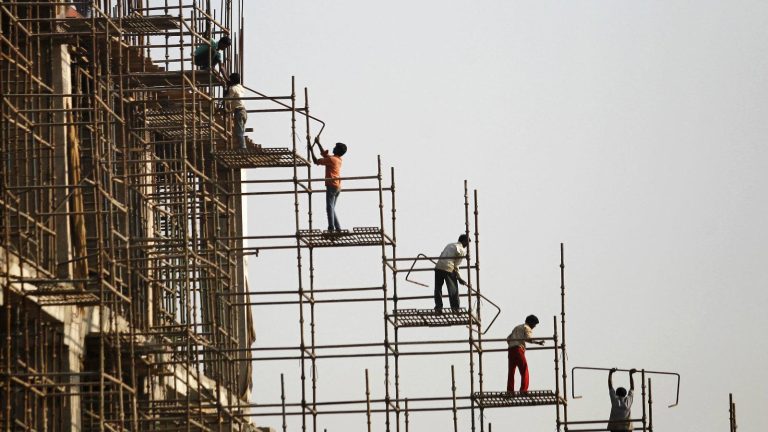As growth stagnated around the world in the latter part of this decade, India was often the country bucking the trend. With projected growth of 8% per year from 2016, the belief was that India would go from strength to strength, improving exponentially as its competitors hit the wall. Yet growth has slowed in the past two years, and currently rests at 6.8%. While this is by no means bad – the United States is considered to be doing well with 3.1% – it reflects a slight stagnation that ought to be addressed. The best candidate for what’s holding India back is infrastructure, and the myriad different ways in which it affects Indian society. The question is this: how much is being invested in infrastructure at the moment, and how much more money is needed? Investing in infrastructure The need to improve Indian infrastructure has not gone unnoticed, nor has it been unheralded. Infrastructure investment has been a pillar of Narendra Modi’s government, a policy most evident in the creation of the National Investment and Infrastructure Fund in 2015. India’s first Sovereign Wealth Fund now manages almost ₹28,000 crore ($4 billion), which is continually reinvested in new green and brownfield infrastructure projects. However, the government’s substantial commitment to infrastructure investment is still not enough to satisfy demand. At present, the government invests between $100 million and $110 million annually; yet a recent economic survey by the Indian Parliament concluded that $200 million a year was required if India was going to hit its growth targets. This leaves an almost $100 million annual shortfall – one which can only be made up by the private sector. The problem with this is that India has not always been an attractive destination for private investment, both foreign and domestic. Past problems, such as the legal challenges to the 2016 Insolvency and Bankruptcy Code, have led many to believe that investing in India represents a substantial risk. With infrastructure investments, you also have the issue that investment is needed across the country – not just in the large cities that are attractive to investors. Foreign funding Manufacturing has provided much of India’s recent growth, and currently accounts for 16% of national GDP. Yet the government has set a goal of 25% of GDP through manufacturing, and growth has hit a brick wall. By building and improving transport links and strengthening the power grid, it’s hoped that people and goods can be transported more quickly, and that electricity shortages will be a thing of the past. This would allow factories to be built further out from major population centres, improving growth and boosting local economies. Another significant benefit of infrastructure investment is improving people’s quality of life. India’s population growth and internal migration have left many cities overcrowded, placing a strain on public transport and contributing to severe air pollution. This not only decreases productivity, but can also damage people’s health in the long term, placing an additional strain on healthcare providers. By expanding public transport through new metro lines and better bus networks, congestion can be reduced, saving people time and improving the quality of the air. Counter-intuitively, sourcing greater foreign investment for infrastructure could also make India more self-sufficient. At present, the large quantity of diesel train stock around the country means that India imports huge amounts of diesel oil to fuel them. By electrifying all broad-gauge routes around the country – a target for 2022 – India can not only avoid any geopolitical difficulties with oil, but could also reduce its energy consumption by as much as ₹13,000 crore per annum. Passengers will also benefit from newer train stock, with benefits to safety and speed of travel. Renovating railways also allows for new optical fibre cables to be laid, which can distribute high speed internet through the heart of the country. This will link stations together, allowing for up-to-date tracking of train delays, which could provide millions in efficiency savings. More broadly however, it could also deliver faster internet to the masses – providing all sorts of benefits to individuals and businesses around India. This is important to mobile internet too, as the next generation (5G) uses many smaller connected antennae instead of large towers. By installing high-speed cables, 5G can be rolled out more quickly, opening India up to technologies like driverless cars. Safety standards While the primary aim of attracting foreign investment is the money it offers, there are also some less heralded benefits. By working with international companies, the national and state governments can share expertise, and become more familiar with international standards and techniques. Our recent installation of Durasteel fire protection barriers in the Kolkata Metro Line 2 is one such example; by working closely with the Kolkata Metro Rail Corporation, we were able to share our knowledge of working on other metro projects in Europe and the Middle East, and produce a solution that helped to make passengers and staff even safer. Safety is an underappreciated but paramount concern when it comes to attracting investment. At present, Indian infrastructure suffers from a negative image abroad, where many people think of passengers clinging to unsafe trains, and city streets choked with traffic. By reaching out and working with foreign companies to install advanced safety equipment – some of which may exceed required standards – India can start to project a different, more safety-conscious image. This in turn will help to expedite the funding for infrastructure projects, as people will have more confidence in the commitment to producing effective infrastructure with positive outcomes. Fundamentally, foreign investment also attracts more foreign investment. Seeing other companies and funds investing in India will further increase confidence, and the results of this investment can have a snowball effect. By improving things like transport links and the power grid, you are improving the arteries that carry people and products around the country. With these links, more foreign businesses will be open to investing in the country, both through infrastructure and the opening of







